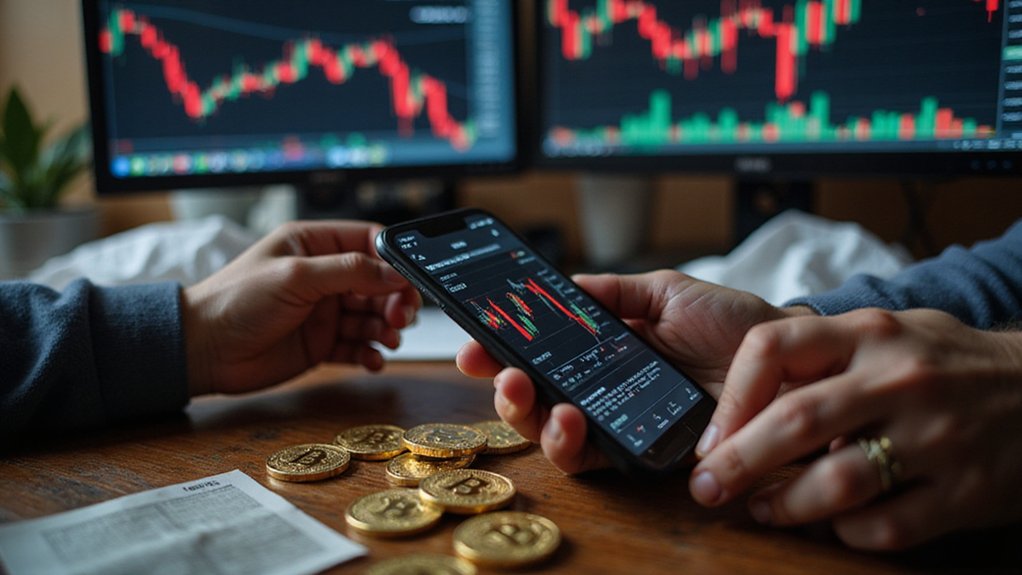When quantum computing threatens to unravel the cryptographic foundations upon which Bitcoin rests, Michael Saylor—MicroStrategy’s executive chairman and Bitcoin’s most evangelical corporate advocate—maintains his characteristic blend of technological optimism and financial conviction.
Saylor’s response to quantum computing concerns reflects his deeper understanding of Bitcoin’s adaptive architecture. While critics fixate on Shor’s algorithm potentially breaking current cryptographic systems, he emphasizes Bitcoin’s inherent defensive mechanisms: addresses used only once, public keys revealed exclusively during transactions, and hash-obfuscated addresses providing multilayered protection. These aren’t accidental features—they’re fundamental design choices that demonstrate Bitcoin’s prescient quantum resistance.
The executive chairman consistently highlights Bitcoin’s decentralized governance as its ultimate quantum defense. Unlike traditional financial systems trapped by bureaucratic inertia, Bitcoin’s community-driven development enables rapid implementation of quantum-resistant algorithms when necessary. Proposals like QuBit and potential switches to SHA-512 illustrate the network’s preparedness for cryptographic evolution—assuming, of course, that quantum computers eventually pose genuine threats rather than remaining perpetually “five years away” like fusion energy. While quantum-resistant alternatives exist for compromised signature schemes, they involve larger signature sizes that developers have been reluctant to implement due to efficiency concerns. Bitcoin’s decentralized decision-making mirrors the governance structures found in DAOs, where community consensus drives technological adaptation without hierarchical bottlenecks.
Bitcoin’s decentralized governance enables rapid quantum-resistant upgrades, unlike traditional financial systems paralyzed by bureaucratic inertia.
Saylor addresses market psychology surrounding quantum fears with typical directness. Investor sentiment often overreacts to theoretical threats while ignoring practical realities: current quantum computers remain woefully inadequate for breaking Bitcoin’s encryption, and the timeline for meaningful quantum threats remains speculative at best. He recognizes that approximately 25% of circulating Bitcoins remain vulnerable to quantum attacks due to exposed public keys in P2PK and reused P2PKH addresses. Meanwhile, Bitcoin’s network continues adjusting mining difficulty and processing transactions with mathematical precision—hardly the behavior of a system on the verge of cryptographic collapse.
The economic implications fascinate Saylor most. While adaptation costs for quantum-resistant upgrades might seem substantial, they pale compared to Bitcoin’s market resilience and long-term value proposition. Regulatory responses to quantum threats could actually legitimize Bitcoin further, forcing governments to acknowledge its technological sophistication rather than dismissing it as digital speculation.
Ultimately, Saylor positions quantum computing not as Bitcoin’s existential threat but as another technological challenge that will showcase the network’s antifragility. His confidence stems from observing Bitcoin survive countless predicted apocalypses—regulatory crackdowns, environmental concerns, technical scalability debates—each time emerging stronger through community consensus and technological innovation. Quantum computing, he suggests, will likely join this list of surmounted obstacles rather than writing Bitcoin’s obituary.









